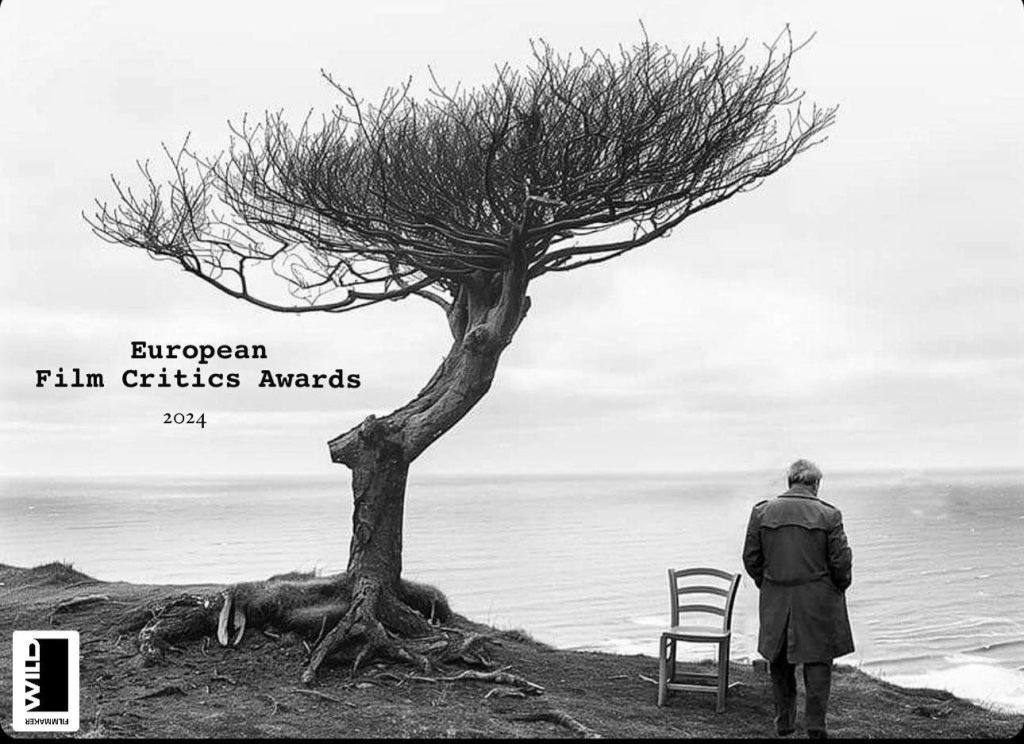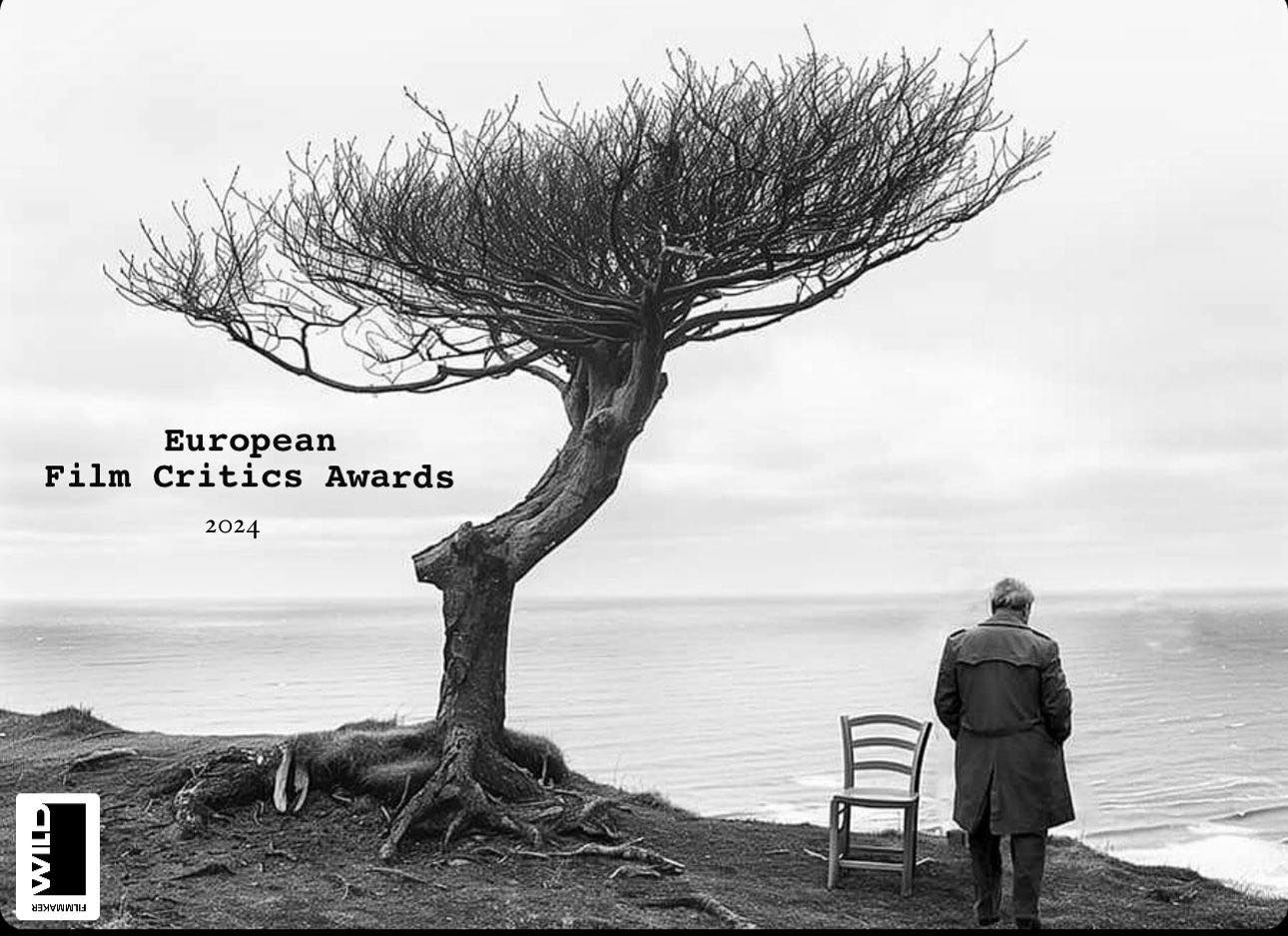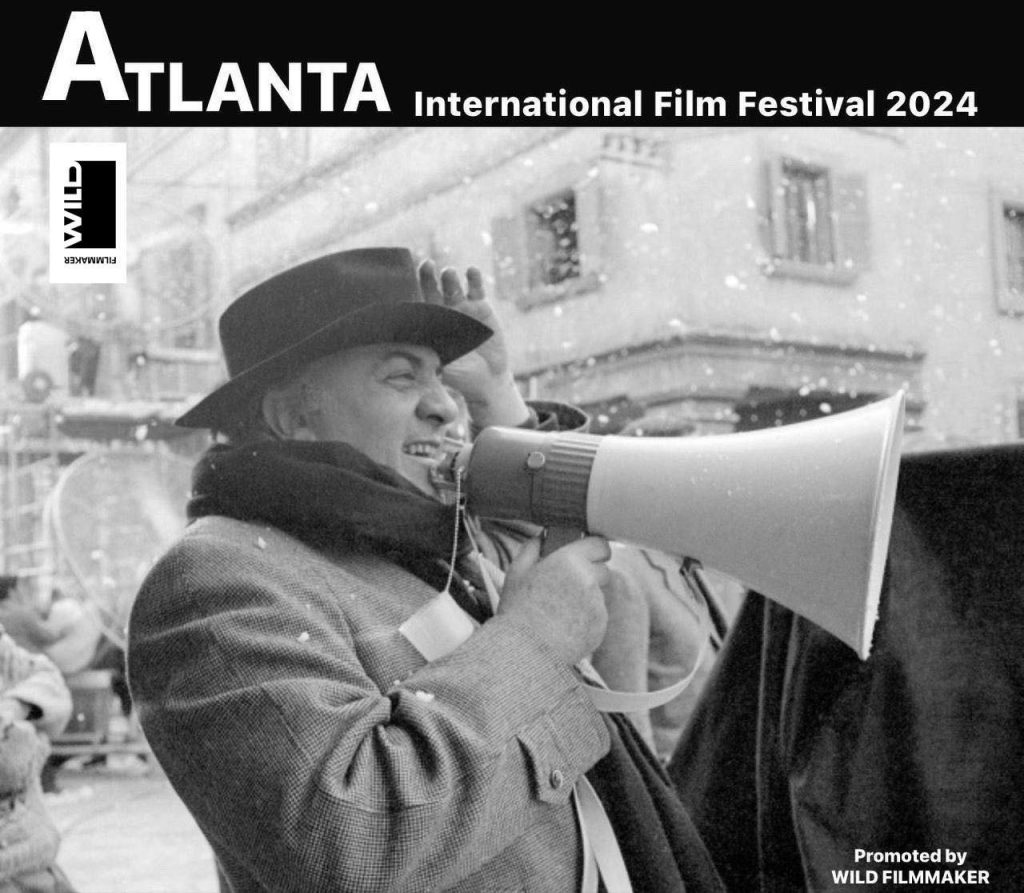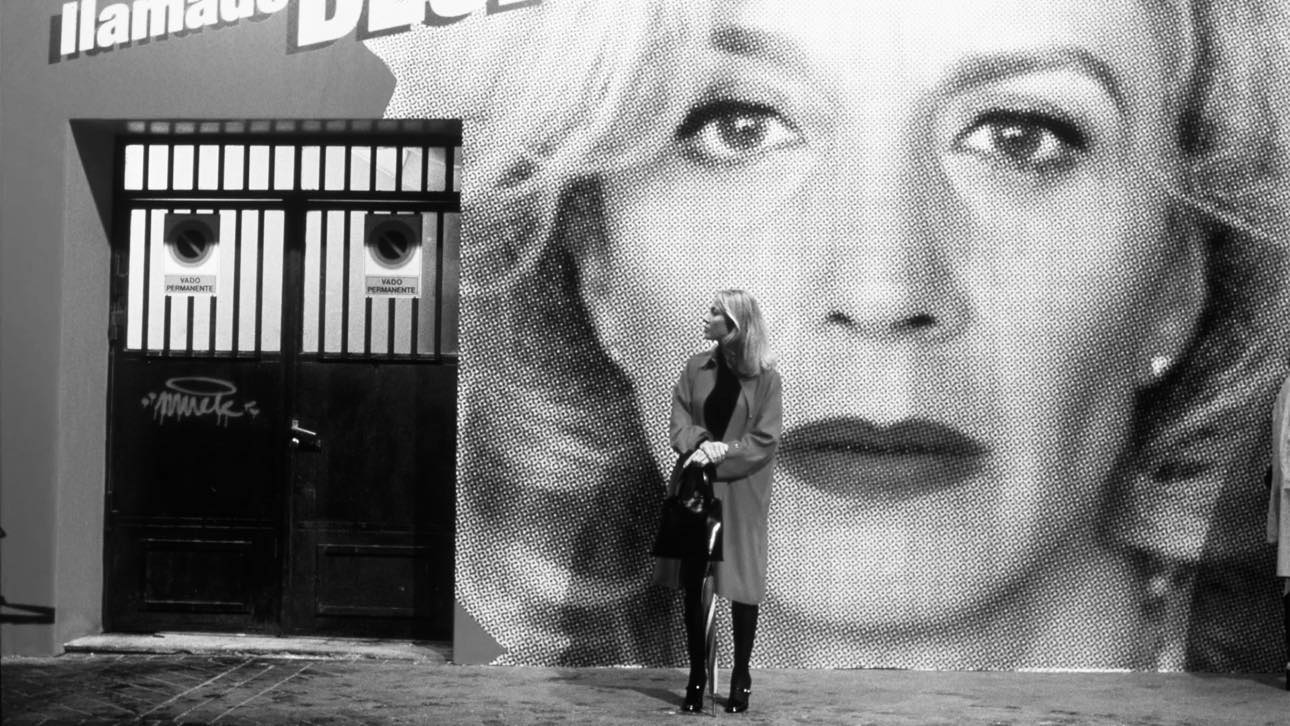
Roses are Blind
BEST INTERNATIONAL THRILLER & BEST ORIGINAL DIRECTOR
Cabaret Cuba
BEST ORIGINAL DOCUMENTARY FEATURE
Passacaglia
BEST ORIGINAL NARRATIVE FEATURE & BEST CINEMATOGRAPHY
The Stones of Rome
BEST ACTOR & BEST ORIGINAL AMERICAN SHORT FILM
The Pathos of Hamlet
BEST ORIGINAL EDITING & BEST ARTHOUSE INTERNATIONAL DIRECTOR
Dinner with Dante
BEST INTERNATIONAL ORIGINAL WRITER
The Priroy of Sion published by Edilivre Editions France
BEST EUROPEAN FEATURE SCRIPT & BEST INDIE WRITER
The Dancing Spies @Goddess
BEST ORIGINAL MANUSCRIPT
Giulietta e Romeo?
BEST EUROPEAN INDIE DIRECTOR
Déjà Vu On The Ledge
BEST EXPERIMENTAL DIRECTOR
Can’t Figure It Out
BEST ORIGINAL PROJECT & BEST ARTHOUSE CINEMATOGRAPHY
Mercy
BEST INTERNATIONAL SHORT SCRIPT
TutuTango
BEST EUROPEAN ARTHOUSE FILMMAKER OF THE YEAR & BEST POETRY SHORT FILM
The Dead Ringer
BEST INDIE SCREENWRITER & BEST ARTHOUSE FEATURE SCRIPT
Anything You Lose
BEST DOCUMENTARY FEATURE OF THE YEAR
The Mad Poet’s Cafe
BEST EXPERIMENTAL DIRECTOR
Atlas of Uncertainty
BEST ARTHOUSE PROJECT & BEST ORIGINAL SOUND DESIGN
Mourning Coffee
BEST INTERNATIONAL CAST
Hot Afternoons Have Been in Montana
BEST ORIGINAL EXPERIMENTAL DIRECTOR & BEST INTERNATIONAL VIDEOPOETRY
Luzinete
BEST ORIGINAL DRAMA SHORT & BEST INDIE SCREENWRITER
Chronicles of Art-Tech Fusion
BEST EXPERIMENTAL PROJECT & BEST ORIGINAL INDIE FILMMAKER
In a Whole New Way
BEST HUMAN RIGHTS PROJECT & BEST EDUCATIONAL FILM
Dojo
BEST NARRATIVE SHORT, BEST ACTION MOVIE, BEST INDI PRODUCER & BEST SCREENWRITER
The Horror Filmmaker’s Handbook: Creating Terrifying Cinema
BEST ORIGINAL BOOK/MANUSCRIPT
Remnant
BEST INTERNATIONAL FILM, BEST CAST & BEST DIRECTOR (Category: Narrative Feature)
The Lost Village
BEST AMERICAN DIRECTOR & BEST ORIGINAL PRODUCER
The Hourglass
BEST ARTHOUSE NARRATIVE SHORT, BEST INDIE DIRECTOR & BEST INDIE PRODUCTION COMPANY
The Assassin’s Apprentice 2: Silbadores of the Canary Islands
BEST ORIGINAL SHORT FILM, BEST ARTHOUSE CINEMATOGRAPHY, BEST EDITING & BEST AMERICAN FILMMAKER OF THE YEAR
Routine
BEST INDIE SCREENWRITER, BEST SOUND DESIGN, BEST CAST & BEST AMERICAN NARRATIVE SHORT
Darker Realities
BEST INTERNATIONAL FEATURE SCRIPT
An impossible secret
BEST INTERNATIONAL DIRECTOR (Category: Narrative Short)
Bitter Brownies
BEST ORIGINAL INDIE SHORT
The Carpet
BEST INDIE FEATURE SCRIPT
What Kind of Day
BEST DRAMA & BEST ORIGINAL IDEA
Big Momma Earth
BEST ORIGINAL FILMMAKER & BEST COMEDY
Ye Ole Glorya
BEST ARTHOUSE COMEDY
Blooming Sisters
BEST ORIGINAL NARRATIVE FEATURE, BEST INDIE FILMMAKER, BEST CASTING DIRECTOR & BEST ARTHOUSE CINEMATOGRAPHER
Koorts
BEST AMERICAN FEATURE SCRIPT & BEST INDIE WRITER
Platinum Corpse: A Detective Gabrielle Laxx Mystery Part One (In two acts)
BEST INTERNATIONAL TELEVISION SCRIPT
Omnipotent Resolution
BEST DANCE FILM, BEST INSPIRATIONAL NARRATIVE SHORT, BEST CHOREOGRAPHY & BEST SINGER
THE BLANKET – Die schwarze Decke
BEST EXPERIMENTAL FILMMAKER & BEST SUPER SHORT FILM
Thankful
BEST INTERNATIONAL SCREENPLAY & BEST INDIE SCREENWRITER
Ricchezza vera
BEST INTERNATIONAL HUMAN RIGHTS SONG & BEST ARTHOUSE MUSIC VIDEO
Monument to Love
BEST DIRECTOR (Category: Documentary) & BEST EDITING
Pirandello’s Wife
BEST INTERNATIONAL WRITER
Once There Were Stories
BEST ORIGINAL FEATURE SCRIPT
Colombano e la 21esima Fetta
BEST INDIE EUROPEAN FILM & BEST ORIGINAL SCRENNPLAY
The Sicilians
BEST AMERICAN SCREENWRITER
Risveglio Planetario
BEST EUROPEAN INDIE MUSIC VIDEO
5 Marzo 195 5Una Canzome per Carla
BEST ORIGINAL SUPER SHORT FILM & BEST CINEMATOGRAPHER
Not Without Gloves
BEST EXPERIMENTAL FILM, BEST EUROPEAN ARTHOUSE FILMMAKER & BEST ORIGINAL
CINEMATOGRAPHER
Greta GarBiitch
BEST ORIGINAL BOOK & BEST AMERICAN INDIE WRITER OF THE YEAR
Heartifical Intelligence
BEST INDIE MOVIE
No Porn Avocado
BEST INTERNATIONAL FILMMAKER (Category: Comedy)
Cosmic Light
BEST INTERNATIONAL SONG
Blood Dried Hands
BEST INDIE NARRATIVE FEATURE & BEST ARTHOUSE FILMMAKER
BOOTS on the Ground for Art
BEST ARTHOUSE SUPER SHORT FILM
Transformation
BEST INTERNATIONAL SCI-FI
Bat Sheva (The Daughter of 7even)
BEST ORIGINAL SCORE
Universe Beyond Time
BEST EXPERIMENTAL PRODUCER
A Sense Of Security
BEST ORIGINAL INTERNATIONAL FEATURE SCRIPT
Emancipacion
BEST ARTHOUSE DANCE MOVIE
I ‘ll never be like you. I change all the time
BEST EXPERIMENTAL SHORT FILM




























